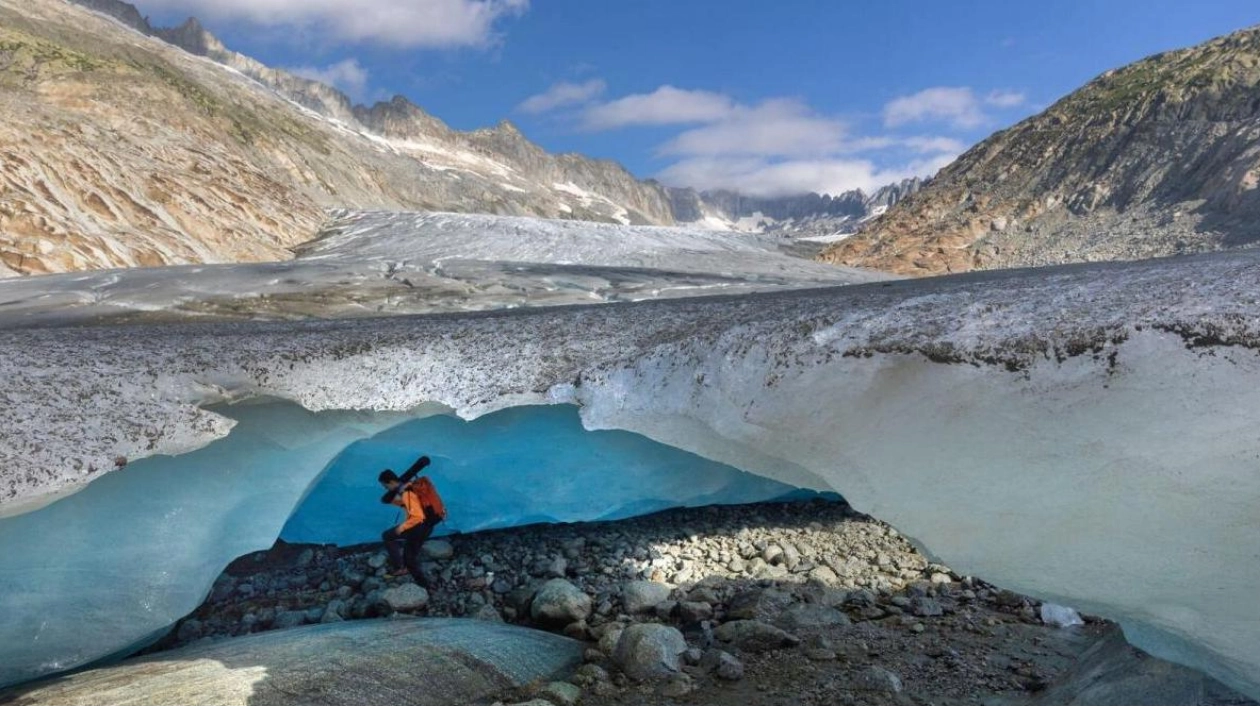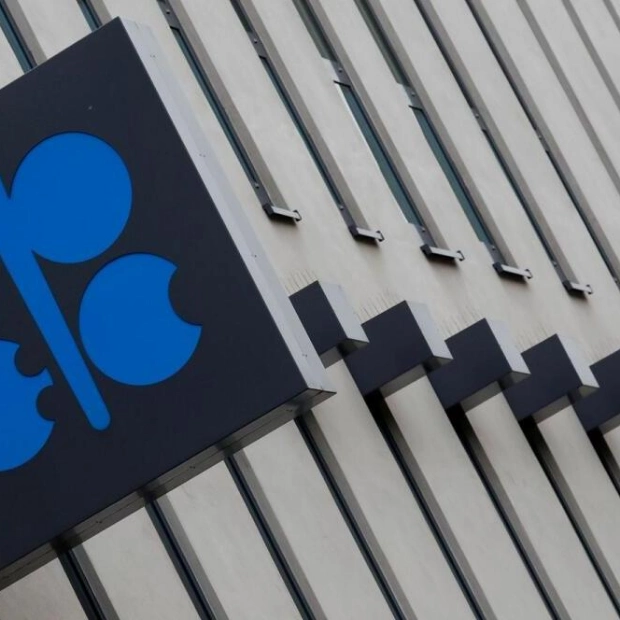Swiss glaciers experienced an above-average rate of melting in 2024, as a scorching summer heatwave penetrated through substantial snowfall, according to the monitoring body GLAMOS. Earlier this year, glaciologists had rejoiced over heavy winter and spring snow accumulations in the Alps, anticipating that this might mark a pause in the years-long decline or even a reversal of glacier losses. However, with August temperatures averaging a few degrees above freezing even at the 3,571-meter high Jungfraujoch station above the Aletsch Glacier, scientists recorded unprecedented ice loss across the country that month.
Overall, GLAMOS reported that Swiss glaciers lost 2.5% of their volume this year, surpassing the average of the past decade. 'It is concerning to me that despite the ideal conditions we had for glaciers, with a snow-rich winter and a relatively cool and rainy spring, it still wasn't enough,' said Matthias Huss, Director of GLAMOS. 'If the trend we observed this year continues, it will be catastrophic for Swiss glaciers,' he added.
One factor that exacerbated the losses this year was dust from the Sahara, which imparted a brown or rosy tint to the ice sheets, reducing their ability to reflect sunlight back into the atmosphere. Huss's social media posts during recent data collection trips showed muddy streams winding through ice sheets so thin that rocks and gravel were exposed. 'There is a deep connection you develop with the site and the ice, and it is painful to see how the rocks are gradually taking over,' he told Reuters earlier this month while measuring ice on the Pers Glacier in eastern Switzerland.
More than half of the glaciers in the Alps are located in Switzerland, where temperatures are rising at about twice the global average due to climate change. Last week, the Swiss government approved revisions to parts of its border with Italy as the melting of icy ridges between the two countries has altered the watersheds that define the boundary. If greenhouse gas emissions continue to rise, the Alps' glaciers are projected to lose more than 80% of their current mass by 2100. Earlier this year, Europe's top human rights court ruled that Switzerland was not doing enough to mitigate the impact of climate change, a claim the Swiss government denies.






